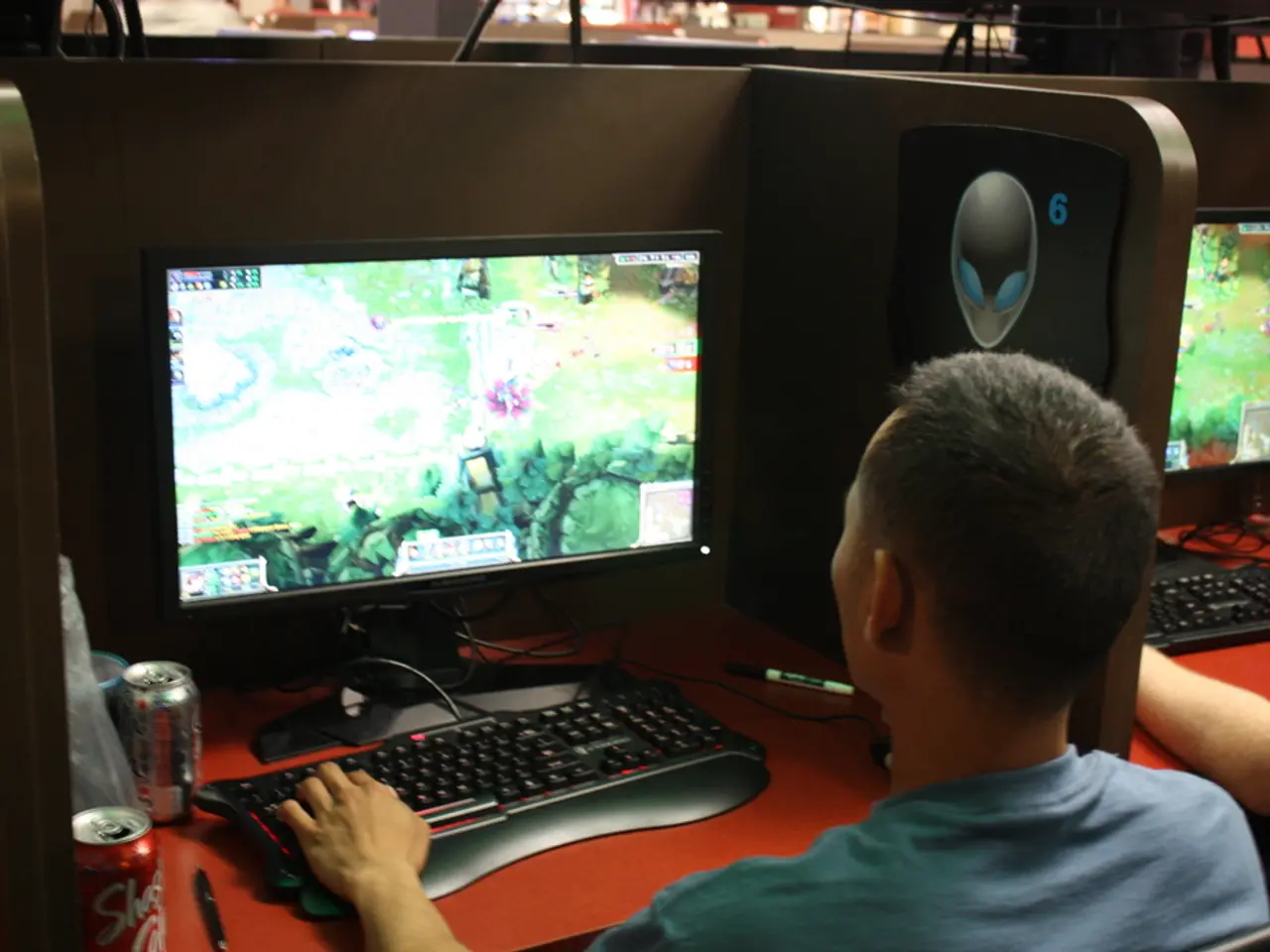Developers of Candy Crush dismissed by the AI responsible for their creation
In the heart of the gaming industry, a heated debate is unfolding. The future of creative work in this sector is under scrutiny, with the recent restructuring plan at Microsoft's gaming division taking centre stage.
At the centre of this storm is King, the mobile gaming studio renowned for its popular game, Candy Crush. As part of this restructuring, approximately 200 employees - level designers, narrative writers, user researchers, and UI developers - have been laid off [1][2][3].
The controversy deepens when we consider the AI tools, developed by the very employees now out of work, that are now taking over their roles. Critics, including anonymous sources within King, describe this move as "absolutely disgusting" [1][3][4]. They argue that it's unjust for the company to leverage the very technology its employees created to replace them.
The general sentiment among these critics is that despite the company's overall success, the layoff strategy prioritizes profit and efficiency over retaining experienced staff [1][4]. Morale was reportedly low even before the cuts, and the decision was received internally as a "slap to the face" [2][4].
Additional concerns include allegations of arbitrary layoffs possibly linked to employees voicing dissatisfaction, and criticism of King's HR department for focusing on protecting company interests rather than supporting staff [1]. These developments at King reflect broader anxieties about AI's role in tech industry employment and raise ethical questions about the displacement of skilled workers by the technology they helped create [3].
The restructuring plan at King is part of a broader industry-wide shift towards automation and AI integration in the gaming sector. With more companies expected to adopt similar strategies in the future, the debate surrounding the use of AI in mass layoffs continues to intensify [5].
The AI tools are designed to automate certain tasks, potentially increasing efficiency and productivity within King's operations. However, the impact of this move on job security and the future of creative roles in the gaming industry is a matter of ongoing concern [6].
[1] The Verge [2] Bloomberg [3] The Guardian [4] Polygon [5] VentureBeat [6] TechCrunch
- The critics, including anonymous sources at King, find it disheartening that the company is using technology, specifically artificial-intelligence tools, created by the very employees who were laid off, to replace them in their roles.
- As more companies in the gaming industry integrate artificial-intelligence and automation into their operations, the debate about the impact of this shift on job security and the future of creative roles continues to grow in intensity.




